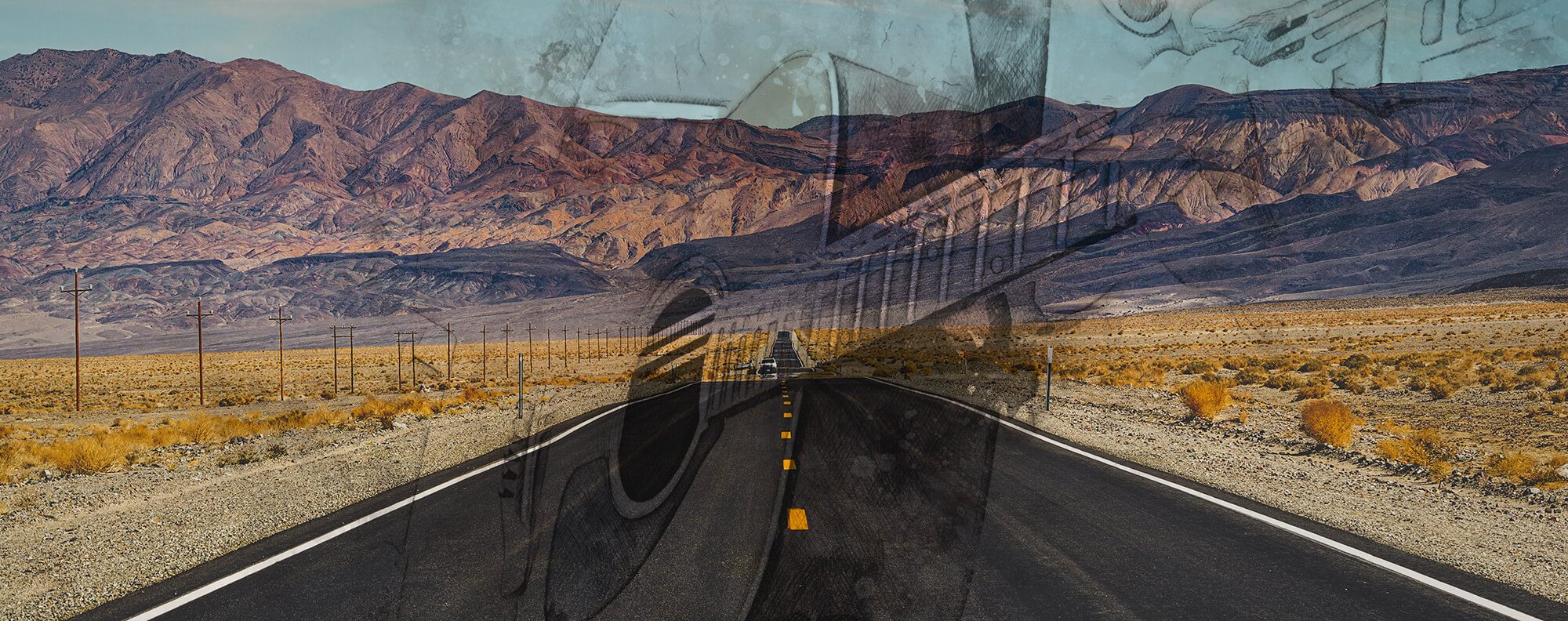 Legends and Lonesome Highways: The Soulful Saga of Old School Country Music
Legends and Lonesome Highways: The Soulful Saga of Old School Country Music
Legends and Lonesome Highways: The Soulful Saga of Old School Country Music
Posted
by
Dalton Garrett
on Monday, December 11, 2023
Y’all gather ‘round the campfire, dust off them boots, and let me spin you a yarn about the days when country music was more than just tunes—it was the heartbeat of America. Harlan Howard, a renowned Nashville songwriter, famously described country music as “three chords and the truth.” This succinct phrase captures the essence of this beloved genre.
At its core, country music emphasizes simplicity and honesty. The idea is that you don’t need complex musical arrangements or intricate chord progressions to convey powerful emotions. Instead, three basic chords can carry the weight of a song, allowing the lyrics and storytelling to shine. Whether it’s heartache, love, loss, or life’s struggles, country songs cut through pretenses and get straight to the heart of the matter.
Think of classic country tunes like Johnny Cash’s “Folsom Prison Blues” or Hank Williams’ “I’m So Lonesome I Could Cry”. These songs use straightforward chord structures, yet their impact is profound. They resonate because they speak the truth—about human experiences, relationships, and the rawness of existence.
Beyond music, the concept of “three chords and the truth” extends to our lives. In a noisy, complex world, we can learn from country music’s purity. Just as those three chords connect with listeners, staying true to our core values and beliefs can guide us through life’s complexities. Authenticity and integrity matter, whether we’re strumming a guitar or navigating our personal journeys.
We’re talkin’ 'bout the legends, the outlaws, and the whiskey-soaked troubadours who sang their hearts out under neon signs and starlit skies.
Hank Williams: The Lonesome Highwayman
Hank Williams, bless his honky-tonk soul, was the man who penned the soundtrack to heartache. His voice, like a rusty hinge on a forgotten barn door, echoed tales of love lost, whiskey sipped, and roads traveled. From “Your Cheatin’ Heart” to “I’m So Lonesome I Could Cry,” Hank’s songs were like old friends—comforting, yet haunting. He left us too soon, but his legacy still rides shotgun down those dusty backroads.
Johnny Cash: The Man In Black
Johnny Cash was known for his deep, distinctive bass-baritone voice; for the "boom-chicka-boom" freight train sound of his Tennessee Three backing band; for his rebelliousness, coupled with an increasingly somber and humble demeanor; for providing free concerts inside prison walls; and for his dark performance clothing, which earned him the nickname "The Man in Black". He traditionally started his concerts by saying, "Hello, I'm Johnny Cash." and usually following it up with his standard "Folsom Prison Blues."
Waylon Jennings: Rebel with a Six-String
Now, let me tell you 'bout Waylon Jennings, the outlaw who wore his heart on his sleeve and a Stetson on his head. Waylon didn’t play by the Nashville rules; he rode his own trail. His voice was gravel and grit, and when he sang “Luckenbach, Texas (Back to the Basics of Love),” you could smell the campfire smoke and taste the Lone Star beer. Waylon was the rebel who made us all believe that freedom was a chord progression away.
Try Audible Plus

Loretta Lynn: The Coal Miner's Daughter
Loretta Lynn's country music career was launched in the late 1950’s after her husband, Doo Lynn, purchased her a guitar and encouraged her to start a band. It didn’t take long for Loretta to land a recording contract at Decca Records in Nashville. Grand Ole Opry appearances followed, and Lynn quickly became the top female recording artist in Music City. For nearly three decades, Loretta Lynn dominated the country music scene with chart-topping hits, and awards shows with more wins than any other female artist in the genre. Many of those hits were autobiographical songs that became nicknames for the singer.
George Jones: The Possum
George Jones, “A singer who can soar from a deep growl to dizzying heights, he is the undisputed successor of earlier natural geniuses such as Hank Williams and Lefty Frizzell,” wrote Bob Allen in the Country Music Hall of Fame and Museum’s “Encyclopedia of Country Music.” With a career spanning more than 50 years, Jones is regarded as one of country music’s all-time greatest stars. His clear, strong voice and ability to convey so many emotions won over thousands of fans, as well as earning him the envy of his peers. As fellow country star Waylon Jennings once said, "If we could sound the way we wanted, we'd all sound like George Jones."
Keith Whitley: The Whiskey Prophet
Keith Whitley, oh my sweet Kentucky troubadour, sang like a man who’d seen both heaven and hell. His voice dripped with sorrow, and when he crooned “Don’t Close Your Eyes,” you could feel the ache in your bones. Keith’s life was a tragic ballad—a dance with the bottle that ended too soon. But his legacy lives on, reminding us that sometimes the saddest songs are the ones that heal our wounded souls.
Willie Nelson: The Red-Headed Outlaw
Now, gather 'round for a tale of Willie Nelson, the man who turned braids into a symbol of rebellion. Willie’s voice was as weathered as the Texas plains, and his songs were like campfire confessions. “On the Road Again” became an anthem for wanderers, and “Blue Eyes Crying in the Rain” felt like a tear-soaked love letter. Willie taught us that life ain’t about the destination; it’s about the journey, the whiskey, and the sweet sound of a beat-up guitar.

Dollie Parton: The Queen of Country
From singing barefoot on the front porch of her Tennessee Mountain Home to commanding the stage in six-inch heels, Dolly Parton is a larger-than-life living legend with a heart as big as her dreams. With a career spanning over fifty years, Parton has been described as a "country legend" and has sold more than 100 million records worldwide, making her one of the best-selling music artists of all time. Parton's music includes Recording Industry Association of America (RIAA)-certified gold, platinum and multi-platinum awards. She has had 25 singles reach no. 1 on the Billboard country music charts, a record for a female artist (tied with Reba McEntire). She has 44 career Top 10 country albums, a record for any artist, and she has 110 career-charted singles over the past 40 years.
Merle Haggard: The Working Man’s Blues
And last but not least, let’s raise a glass to Merle Haggard, the poet of the working class. Merle sang about hard times, prison walls, and the ache of a blue-collar heart. “Okie from Muskogee” became an anthem for those who wore calloused hands and dreams of better days. Merle’s voice was like a well-worn saddle—comfortable, familiar, and damn near indestructible.
So there you have it, folks. These old country legends weren’t just singers; they were storytellers, weaving tales of love, loss, and redemption. Their music was the soundtrack to broken hearts, dusty highways, and late-night juke joints. So next time you hear that twangy guitar or catch a whiff of whiskey on the breeze, tip your hat to the ghosts of country past—they’re still out there, riding those lonesome highways, singing their souls out under the big ol’ moon.
Remember, life ain’t about the destination; it’s about the journey. And as long as there’s a guitar, a campfire, and a starry sky, the spirit of old country music will live on, forever and a day. 🌟🎵🤠
P.S. If you ever find yourself on a lonesome highway, crank up the radio and let Hank, Waylon, Keith, Willie, and Merle ride shotgun. Trust me, it’ll heal what ails ya.
Categories:
Music History
Tagged: Country Music